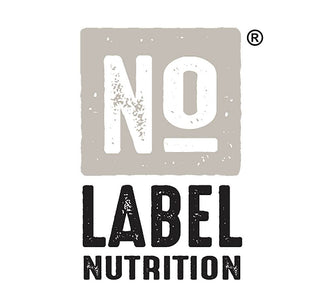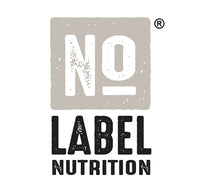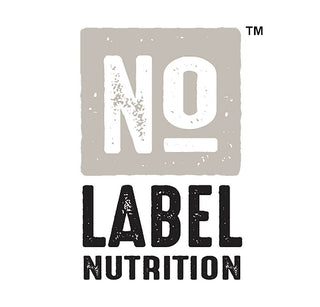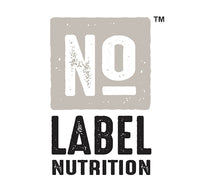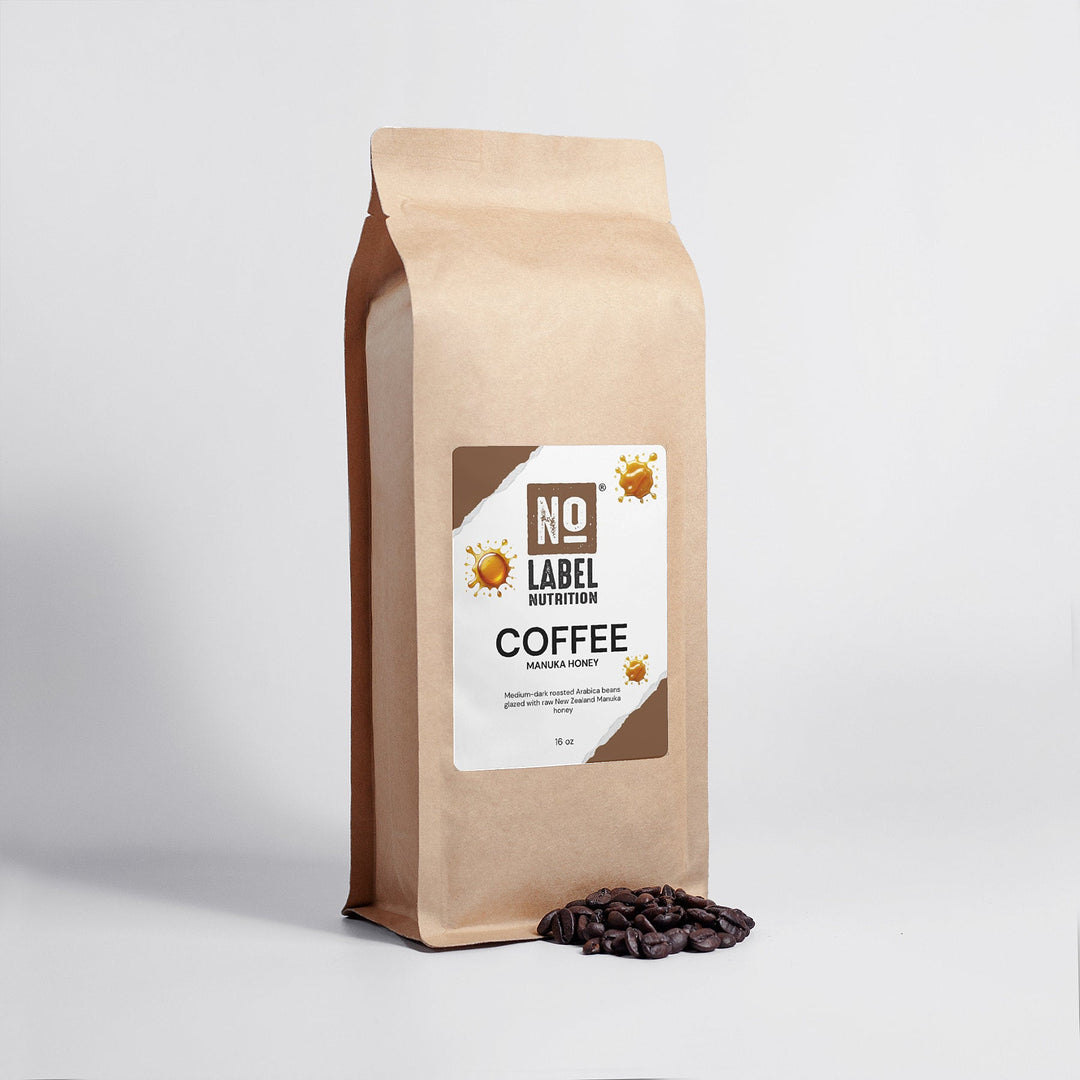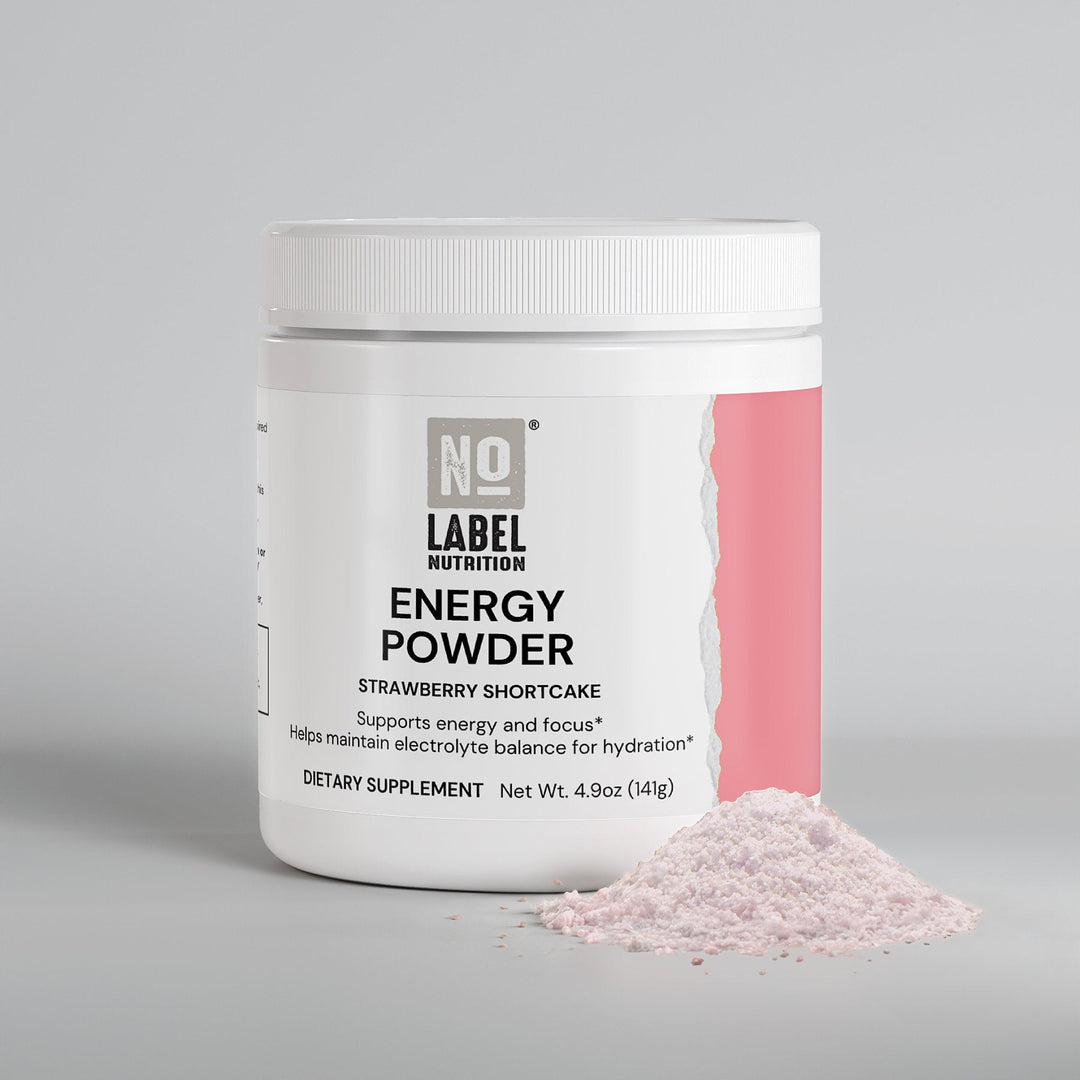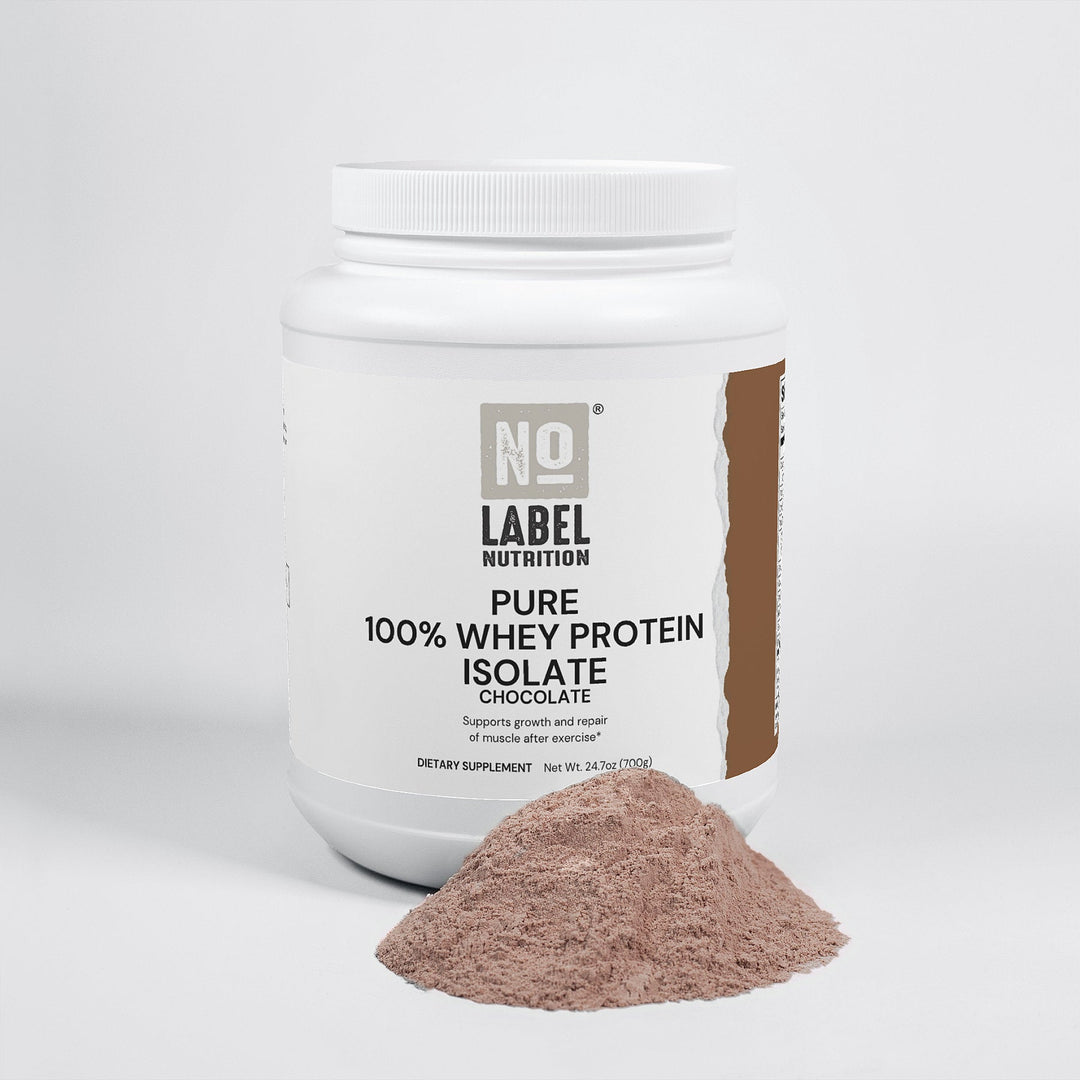Unlocking the Health and Fat Loss Benefits of CLA with No Label Nutrition™

What is CLA?
Conjugated Linoleic Acid, or CLA for short, is a fatty acid naturally found in certain meat and dairy items. Falling under the omega fat family, it plays a pivotal role in various physiological processes and overall health. Due to its potential positive effects, especially in weight management, CLA has been the subject of many scientific inquiries.
CLA's Role Within the Body
CLA exhibits its influence in the body via several intricate pathways, all of which cumulatively provide its beneficial effects:
1. Boosts Metabolic Rate: One of CLA’s commendable attributes is its ability to ramp up the body's metabolic rate. An elevated metabolism translates to the body burning calories faster, an advantage for those pursuing weight loss.
2. Facilitates Muscle Growth: More muscle means more fat-burning. By fostering muscle growth, CLA indirectly aids in reducing body fat. This doesn't translate to drastic muscle increase but rather a gentle enhancement in muscle tone, sufficient to amplify fat burning.
3. Diminishes Fat Cell Production: CLA interferes with enzymes responsible for directing fats into our fat cells. This interference means fewer fat stores.
4. Decreases Fat Deposits: Through utilizing existing body fat as an energy source, CLA helps decrease overall fat deposits.
5. Bolsters Immune System: Keeping an active and energetic lifestyle requires a robust immune system. CLA comes into play by supporting the body's immune response.

Incorporating a diet rich in CLA can be tremendously beneficial. Here are some food sources teeming with CLA:
1. Grass-Fed Beef: Grass-fed animals usually possess a higher CLA content in their meat compared to their grain-fed counterparts.
2. Dairy Products: Products like butter, cheese, and yogurt, especially if derived from grass-fed cows, have substantial CLA amounts. Full-fat varieties are richer in CLA.
3. Lamb: Another meat source overflowing with CLA.
4. Kangaroo Meat: Though not a staple in the US, kangaroo meat is a noteworthy source.
5. Eggs: Egg yolks, in particular, contain CLA. Free-range or naturally-fed chickens produce eggs with higher CLA.
6. Safflower and Sunflower Oils: While not as rich as animal sources, these vegetable oils are decent supplemental CLA sources, particularly for those following vegetarian or vegan diets.
No Label Nutrition™ High Potency CLA: The Gold Standard
Incorporating natural sources of CLA is wonderful, but for a more concentrated and consistent intake, supplements can be a great addition. This is where No Label Nutrition™ steps in with its High Potency CLA. Our product stands out as one of the highest quality CLA supplements available. Crafted with rigorous standards and a commitment to purity, our CLA supplement ensures you receive all the benefits this remarkable fatty acid offers, minus any unwanted additives.
Conclusion
CLA is an impressive fatty acid with a promising track record in health and weight management. Knowledge of its natural sources and how it operates within the body is key for optimal benefit. However, for a consistent, high-quality intake, consider No Label Nutrition™ High Potency CLA, a beacon of purity and effectiveness in the supplement world.
Remember, a holistic approach combining diet, exercise, lifestyle changes, and premium supplements like ours at No Label Nutrition™ is the blueprint for a healthier, fitter you. With CLA in your toolkit, you're on a promising path to well-being.
